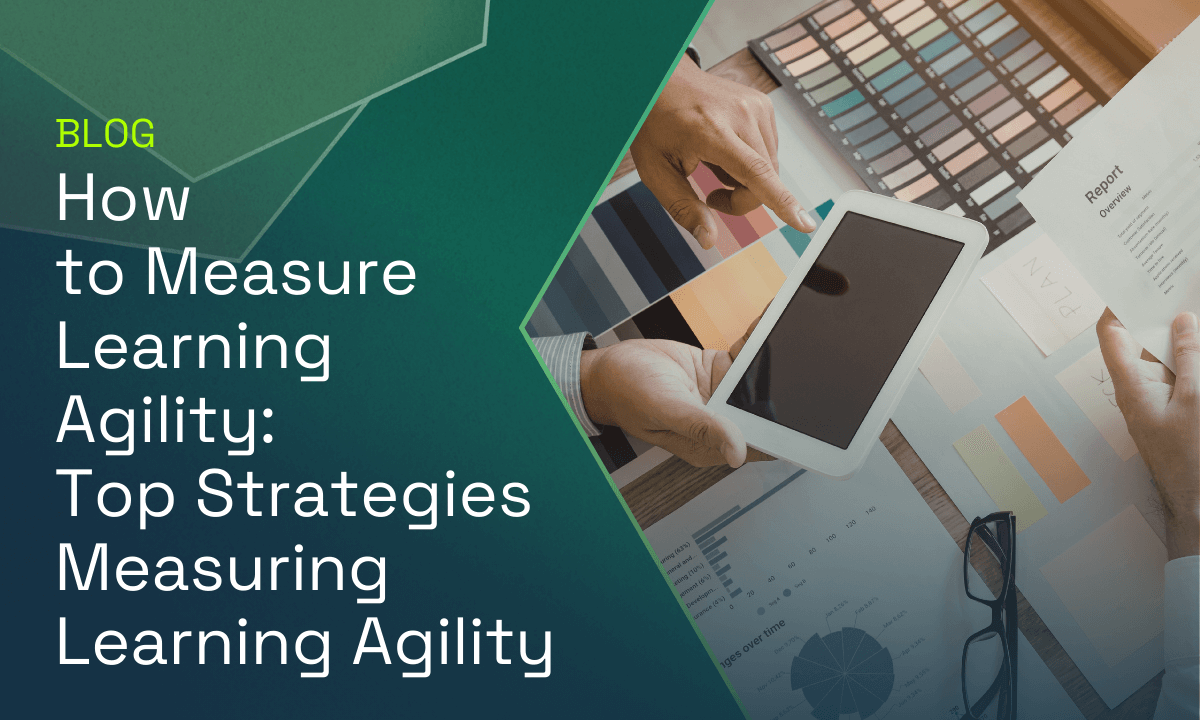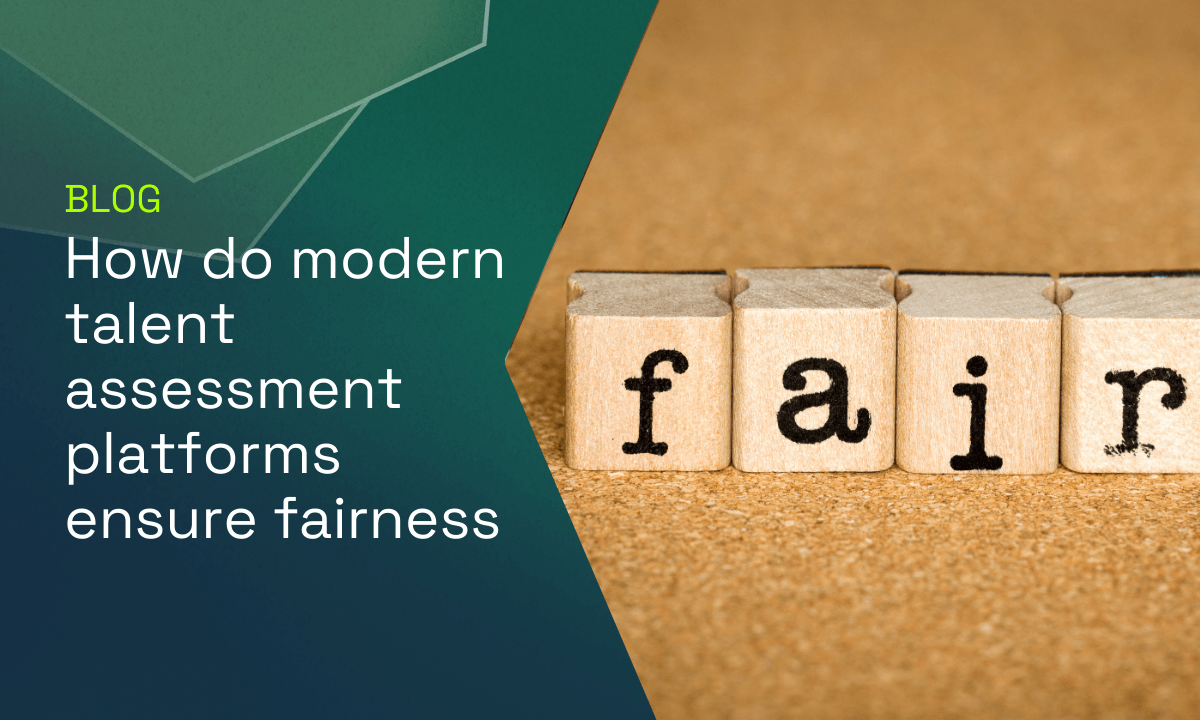The Seven Senseless Myths about Personality
The field of personality science delves into the multifaceted dimensions that shape an individual's character, influencing their thoughts, emotions, and behaviors. Despite its profound significance in understanding human nature, personality often remains shrouded in misconceptions and oversimplifications. There is solid science, but it’s largely ignored. In this article we call out and debunk seven common myths based on the latest research.
Myth 1: There is no valid or reliable way to measure personality.
Personality measurement is a topic that continues to spark debate and curiosity. In the realm of personality research, the Big Five framework stands as a widely accepted and comprehensive tool for describing, assessing, and understanding individual differences. This universally accepted taxonomy delves into the distinct emotional, behavioral, and cognitive tendencies that mold an individual's character: emotional stability, extraversion, agreeableness, conscientiousness, and openness to new experiences. Self-reports, despite potential biases, have been found to offer reliable insights into personality traits, capturing consistent patterns in how people present themselves across various contexts.
The same people that doubt the accuracy of personality tests still construct (often biased and flawed) theories about their own and others’ personalities. Challenging the skepticism surrounding personality assessments, evidence-based research has consistently shown the effectiveness of well-designed tools. These assessments draw on over a century of research, incorporating thousands of studies and meta-analyses that highlight their predictive power across diverse settings and outcomes. However, not all assessments meet these rigorous standards, in fact, many on the market are far from scientific, giving personality assessment a bad rep in some circles. When the technical manual isn’t available, it’s not a good sign. Deeper Signals is highly transparent about how their tools are developed and tested.
Myth 2: Personality tests are not accurate.
Addressing the misconception that personality tests are universally poor measures, research has demonstrated that many assessments exhibit strong reliability and validity. Numerous studies establish significant correlations between personality traits and real-world outcomes, spanning academic and job performance, job satisfaction, engagement, leadership effectiveness, and overall well-being. There are few constructs or variables in social science that are as strongly predictive as personality. Intriguingly, even modern technologies like streaming preferences and social media activity can offer insights into one's personality traits. If personality tests didn’t work, it wouldn’t be possible to predict these outcomes or explain these associations.
You might be asking, “What about the people who lie on these tests to look good?”. One of the most indicative signs of a well-designed personality tool that they work even when people are motivated to game the responses or “fake good”. Interestingly, research shows that managing impressions could actually be a sign of social adjustment, likability, and emotional intelligence. For example, people who agree with statements like “I love meeting new people” when they don’t really mean it tend to do better in life than those who offer more unfiltered or authentic responses.
Myth 3: Personality depends on the situation.
The belief that personality remains static across situations warrants clarification. While behavior is influenced by both personality and context, certain situations may obscure underlying traits due to social expectations (on public transportation, at a funeral, in a religious institution, etc.). Yet, even within these settings, personalities can shine through, as exemplified by extroverts struggling to suppress their nature in quiet environments or conscientious individuals resisting impulsive behaviors. Think of personality as “your probability of doing X” in a given situation, meaning there will always be times when we act “atypical”.
Myth 4: You can’t change your personality.
Personality isn’t set in stone. The notion that personality is unchanging is debunked by well documented shifts and fluctuations over a person's lifetime. As we get older, maturity often brings heightened agreeableness, conscientiousness, and emotional stability. Early traits may amplify with age, guided by an individual's alignment with their inherent personality in chosen environments. For example, people who are high on Openness are more likely to choose careers in creative or scientific areas, which in turn will enhance their openness even more so.
The possibility of purposefully altering one's personality raises the question of effort and feasibility. For the most part, very few people try. Meaningful changes demand persistence, challenging habits, and altering behaviors over time. Change necessitates commitment and a recognition of the core essence that underlies one's personality. As the famous Cambridge psychologist Brian Little put it, you can either think of personality as something you have (and can’t shift much) or instead as something you do, and you can certainly make a personal project of changing your life. To learn more about the Deeper Signals philosophy on personality change, read this blog.
Myth 5: There are “good” and “bad” personality traits.
Addressing the notion of a "good personality," traits that align with specific environments and goals often lead to success. In other words, talent is largely personality in the right place. However, versatility and adaptability stem from being closer to the average in various traits. It's essential to embrace the benefits of a balanced personality profile rather than overestimating the uniqueness of specific situations.
When demonstrated in excess, positive traits can have negative effects. Conscientious leaders are valued in the workplace for their reliable, rule-abiding, organized nature. Yet taking these to an extreme could result in being associated with the tendency to be over-critical and micromanaging. There is growing research on the curvilinear relationship of all personality traits. Aristotle summed it up well when he noted that “every virtue is a mean between two extremes, each of which is a vice.” In many contexts, particularly leadership roles, moderate tendencies are preferred, as these individuals are less likely to be disruptive.
Myth 6: The MBTI is a strong measure of personality.
The Myers Briggs Type Indicator (MBTI) is a well-known personality assessment that, despite its popularity, lacks scholarly endorsement. The generic feedback it provides often appeals to personal preferences rather than offering substantive insights into personality traits. Its enduring following echoes the appeal of horoscopes because it tells people what they want to hear, not what they need to hear. Experts unanimously dismiss MBTI's efficacy as a personality measure because it lacks the capacity to accurately predict or evaluate various outcomes. In fact, even the technical manual warns against using scores for predicting important work outcomes like selection or promotion. Still, the cult-like following can’t be ignored. The simplicity, accessibility, and user-experience are qualities many other personality assessments lack. Deeper Signals Core Drivers aims to replicate the MBTI’s ease of use but with a much stronger scientific backing.
Myth 7: Most people are self-aware.
Contrary to common belief, self-awareness of one's personality is often limited. Studies indicate that outsiders can better predict behavior than individuals themselves, highlighting a tendency toward self-serving narratives. Even AI can estimate our personality better than we can. When trying to make sense of who we are and how others see us, we fall victim to an optimism bias and overconfidence. Problematically, research shows our narcissistic delusions are trending in the wrong direction; our egos are inflating over time. Valid personality assessments like Core Drivers provide a reality check by holding up a mirror and calling out risks as well as strengths. We all have them. Accepting feedback, even if uncomfortable, can enhance effectiveness, leadership, relationships, influence, and personal brand. The most successful leaders tend to pay close attention to how they are perceived by others so they can make small changes in their behaviors to be their best selves and reach their goals.
In conclusion, understanding personality requires shedding light on common myths and misconceptions. The Big Five framework offers a robust taxonomy, and evidence-based assessments, when well-designed and validated, provide meaningful insights into individual differences. While personality shifts occur over a lifetime, traits remain relatively stable, emphasizing the importance of both self-awareness and flexibility. Acknowledging the nuanced reality of personality assessments is key to unlocking a deeper understanding of ourselves and others.





























